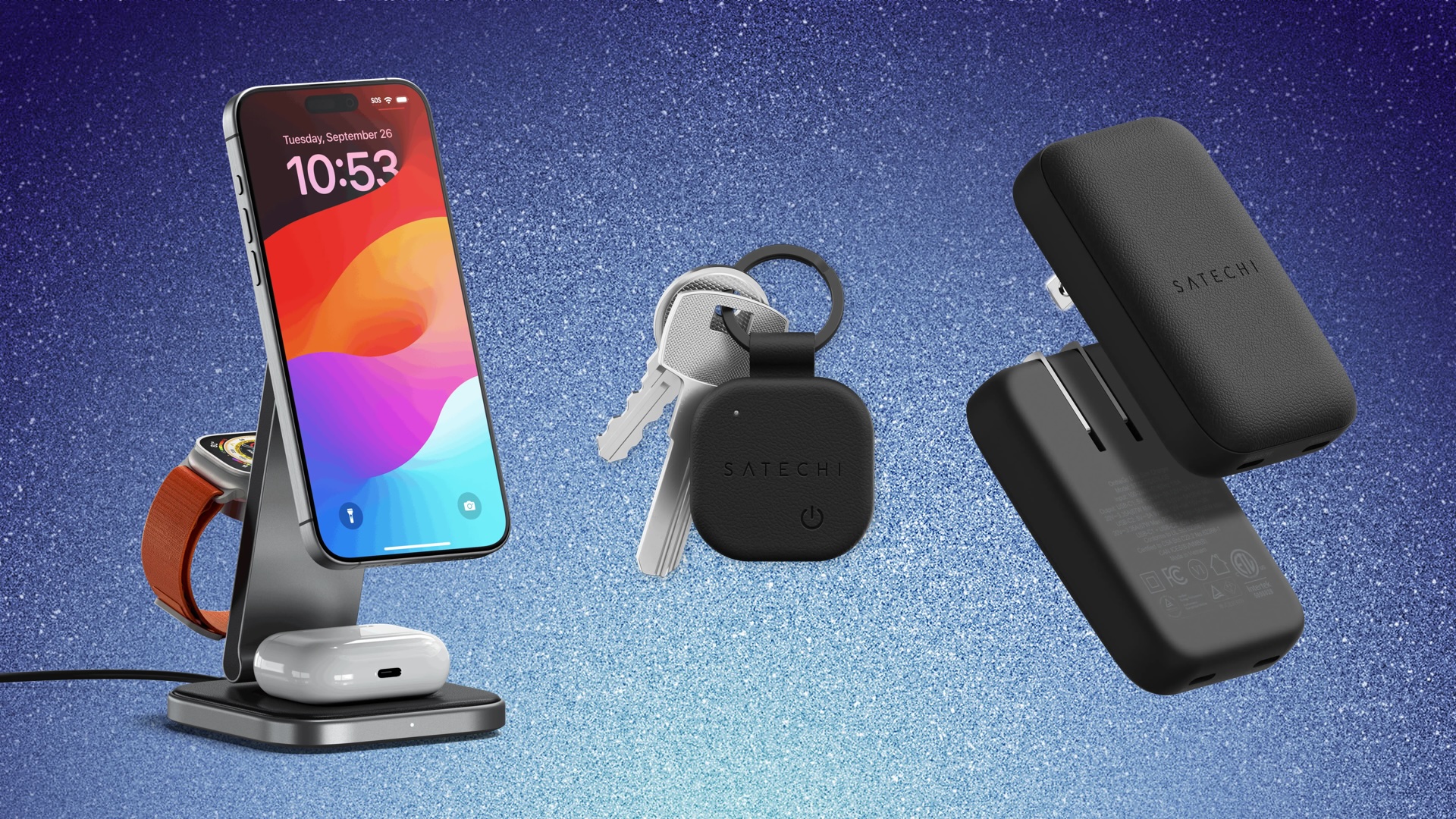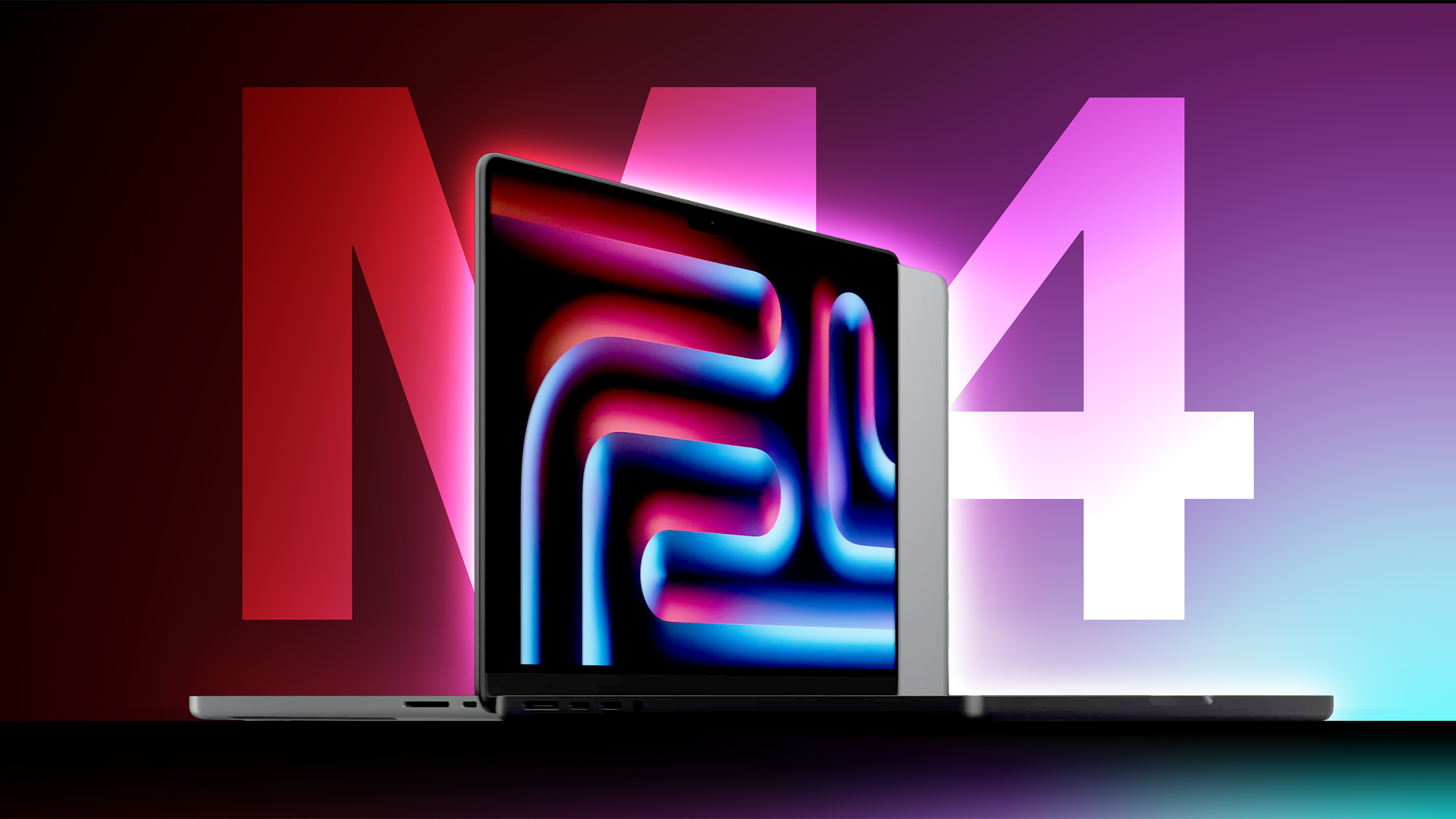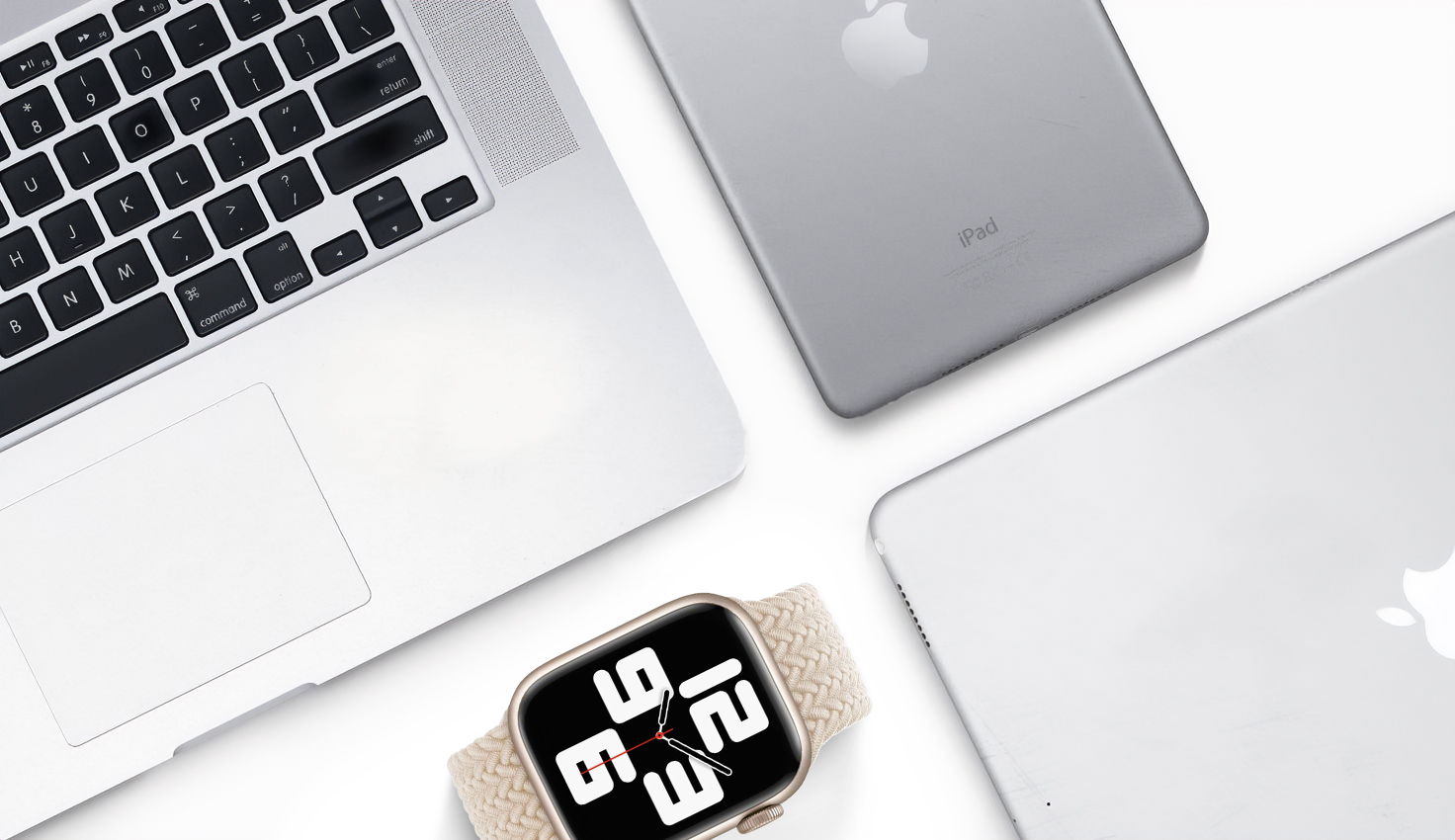The new iMac will launch in stores and begin arriving to customers this Friday. Ahead of time, the first reviews of Apple’s latest all-in-one desktop computer have been shared by select media outlets and YouTube channels.
While the iMac did not receive any major design changes this year, the computer can be configured with a matte nano-texture display for the first time in the Apple silicon era. This $200 upgrade option reduces reflectivity and glare on the screen, which can be helpful if you use your iMac near a window or under bright lights.
Six Colors‘ Jason Snell on the nano-texture display:
Using a nano-texture-covered display is a little weird—the reflections just stop at the screen edge, as if by magic. It works incredibly well. And most of the time, in more normal lighting conditions, I didn’t really notice the nano-texture being there. (Yes, if you look closely you will notice a light scatter that can reduce contrast a bit.)
Our M4 iMac test model featured the $200 nano-texture glass display upgrade. It was very effective in combating glare and reflections as I moved the iMac around my house to see how it stood up to direct sunlight or a bright overhead artificial light. In every instance, it did its job of keeping distractions away. As impressive as the nano-texture glass is, you probably don’t need it if you plan to place your iMac in a room with normal lighting conditions. It’s a feature that’s more valuable on a MacBook or iPad that you will use in a variety of spots, including outdoors.
The new iMac is powered by Apple’s latest M4 chip. Based on the results that were available in the Geekbench 6 database as of writing, higher-end iMac configurations with the 10-core M4 chip achieved an average score of 14,512 for multi-core CPU performance, compared to an average of 11,711 for the previous iMac with the highest-end 8-core M3 chip. That means the new iMac is up to nearly 25% faster than the previous model.
Apple has upgraded the iMac with a 12-megapixel front camera that supports Center Stage, a feature that keeps you centered in the camera’s view as you move around. The new iMac and MacBook Pro models are the first Macs that support Center Stage without needing to be connected to a Studio Display. There is also a Desk View feature that shows your face and an overhead view of your desk at the same time.
Forbes‘ David Phelan on the Center Stage camera:
There are no other visible differences between the new iMac and last year’s model, although the front facing camera is a different component, now called the Center Stage camera.
This comes with a feature called Desk View which means you can show your physical desktop as well as what’s on screen to people at the other end of the call. This works very well. The camera is excellent and where some people had previously complained that video call quality was subpar, here it seems pristine, clear and highly watchable.
Macworld‘s Roman Loyola:The M1 and M3 iMacs have a 1080p FaceTime camera that was…fine. It worked, but it wasn’t impressive. With the M4 iMac, Apple finally upgraded to a 12MP Center Stage camera, the same one Apple introduced to the Mac lineup in 2022 through its Studio Display. Why we had to wait over two years to see it on an iMac only Apple knows, but it’s here and it’s fantastic.
Many other new features and changes are straightforward: the iMac now officially supports dual external displays for the first time since it still used Intel processors, all configurations now have a minimum of 16GB of RAM, all four rear USB-C ports on higher-end configurations now support Thunderbolt 4, and there are refreshed color options. In addition, the Magic Mouse and Magic Keyboard accessories included in the box with the iMac are now equipped with USB-C charging ports, instead of Lightning ports.
Unboxing Videos
This article, “iMac With M4 Chip Reviews: Nano-Texture Display Option and Center Stage Camera Tested” first appeared on MacRumors.com
Discuss this article in our forums
The new iMac will launch in stores and begin arriving to customers this Friday. Ahead of time, the first reviews of Apple’s latest all-in-one desktop computer have been shared by select media outlets and YouTube channels.
While the iMac did not receive any major design changes this year, the computer can be configured with a matte nano-texture display for the first time in the Apple silicon era. This $200 upgrade option reduces reflectivity and glare on the screen, which can be helpful if you use your iMac near a window or under bright lights.
Six Colors’ Jason Snell on the nano-texture display:
Using a nano-texture-covered display is a little weird—the reflections just stop at the screen edge, as if by magic. It works incredibly well. And most of the time, in more normal lighting conditions, I didn’t really notice the nano-texture being there. (Yes, if you look closely you will notice a light scatter that can reduce contrast a bit.)
CNET’s Matt Elliott:
Our M4 iMac test model featured the $200 nano-texture glass display upgrade. It was very effective in combating glare and reflections as I moved the iMac around my house to see how it stood up to direct sunlight or a bright overhead artificial light. In every instance, it did its job of keeping distractions away. As impressive as the nano-texture glass is, you probably don’t need it if you plan to place your iMac in a room with normal lighting conditions. It’s a feature that’s more valuable on a MacBook or iPad that you will use in a variety of spots, including outdoors.
The new iMac is powered by Apple’s latest M4 chip. Based on the results that were available in the Geekbench 6 database as of writing, higher-end iMac configurations with the 10-core M4 chip achieved an average score of 14,512 for multi-core CPU performance, compared to an average of 11,711 for the previous iMac with the highest-end 8-core M3 chip. That means the new iMac is up to nearly 25% faster than the previous model.
Apple has upgraded the iMac with a 12-megapixel front camera that supports Center Stage, a feature that keeps you centered in the camera’s view as you move around. The new iMac and MacBook Pro models are the first Macs that support Center Stage without needing to be connected to a Studio Display. There is also a Desk View feature that shows your face and an overhead view of your desk at the same time.
Forbes’ David Phelan on the Center Stage camera:
There are no other visible differences between the new iMac and last year’s model, although the front facing camera is a different component, now called the Center Stage camera.
This comes with a feature called Desk View which means you can show your physical desktop as well as what’s on screen to people at the other end of the call. This works very well. The camera is excellent and where some people had previously complained that video call quality was subpar, here it seems pristine, clear and highly watchable.
Macworld’s Roman Loyola:The M1 and M3 iMacs have a 1080p FaceTime camera that was…fine. It worked, but it wasn’t impressive. With the M4 iMac, Apple finally upgraded to a 12MP Center Stage camera, the same one Apple introduced to the Mac lineup in 2022 through its Studio Display. Why we had to wait over two years to see it on an iMac only Apple knows, but it’s here and it’s fantastic.
Many other new features and changes are straightforward: the iMac now officially supports dual external displays for the first time since it still used Intel processors, all configurations now have a minimum of 16GB of RAM, all four rear USB-C ports on higher-end configurations now support Thunderbolt 4, and there are refreshed color options. In addition, the Magic Mouse and Magic Keyboard accessories included in the box with the iMac are now equipped with USB-C charging ports, instead of Lightning ports.
Unboxing Videos
Related Roundup: iMacBuyer’s Guide: iMac (Buy Now)Related Forum: iMacThis article, “iMac With M4 Chip Reviews: Nano-Texture Display Option and Center Stage Camera Tested” first appeared on MacRumors.comDiscuss this article in our forums Read More MacRumors: Mac News and Rumors – All Stories
#Techno #PCWorld














